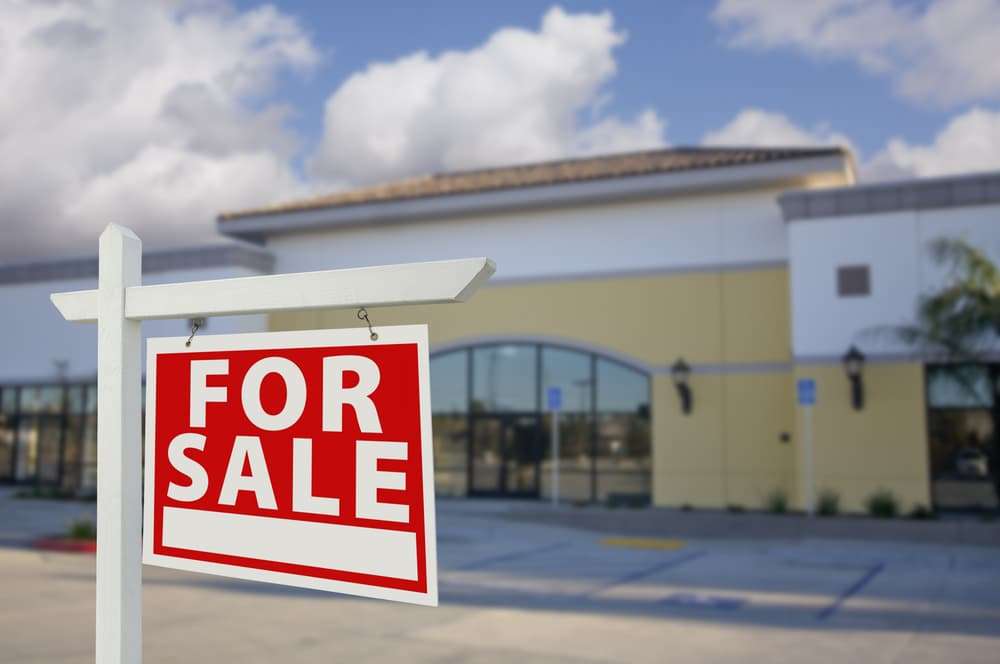British second home owners in France are facing record tax bills after hundreds of municipalities increased surcharges on holiday properties, generating €2.4 billion (£2.08 billion) in extra revenue last year.
Around 80,000 UK nationals are among those hit by the taxe d’habitation surcharge, part of President Emmanuel Macron’s strategy to address “marked imbalances” in housing supply and demand. Experts expect revenue to rise further as more communes adopt or increase the levy.
In France, primary residences are exempt from housing tax, but second homes are subject to the standard taxe d’habitation – calculated on the property’s estimated rental value – plus an additional surcharge in certain areas.
Currently, 3,697 communes have been granted the power to impose premiums of between 5% and 60% in areas under “tense” housing pressure. Of these, 1,461 have implemented the levy, a fivefold increase since 2018.
Some 539 communes are applying the maximum 60% rate, while 58 impose the minimum 5% rate, with the average surcharge standing at 41%. This is far below the UK’s approach, where English councils can charge 100% premiums on second homes and Welsh councils have the power to go as high as 300%.
Ross Irvine of expat insurance firm William Russell said the French model is likely to keep generating more revenue. “It’s likely this income will continue to grow, either through more municipalities opting in or raising rates up to the legal cap of 60%,” he said. “Proposed legislation could also extend surcharge eligibility beyond current housing pressure zones.”
In the UK, the approach to second home surcharges is broader and, critics say, easier to avoid. English councils only gained the power to levy premiums in April, while Welsh councils have had it since 2017. More than 200 councils have adopted the tax, but many owners have used legal loopholes – such as temporarily listing their property for sale or converting it to a holiday let – to sidestep charges.
By contrast, the French scheme tightly targets areas with housing shortages and applies a clear percentage increase, making it harder to avoid. Irvine said: “The legal framework clearly limits surcharge eligibility to designated communes and imposes a straightforward percentage increase, reducing ambiguity and closing many avenues for avoidance. It gives local authorities a reliable revenue tool and expats less wiggle room than in the UK.”





